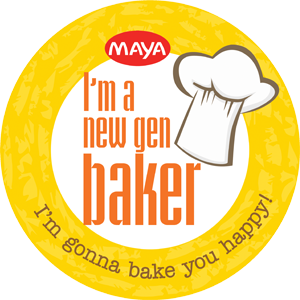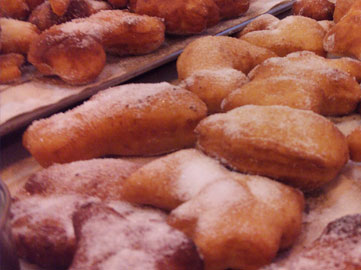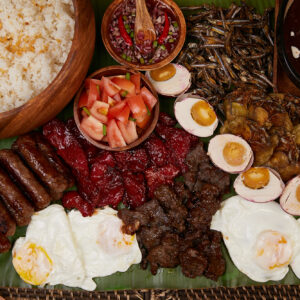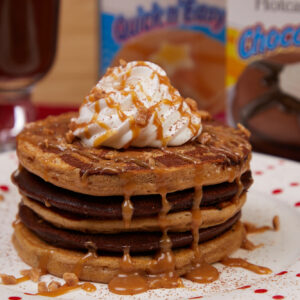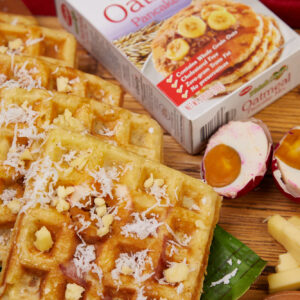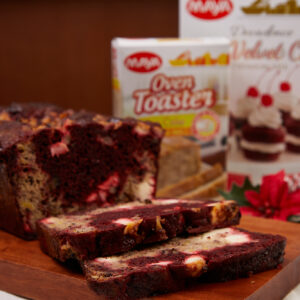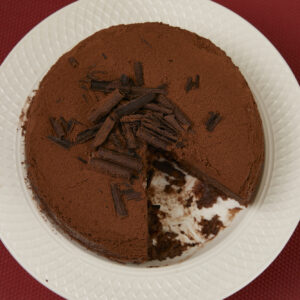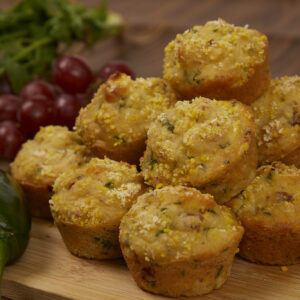Ok, you know how to make a nice batch of brownies, and pretty good buttercakes; at least, that’s what your kids say. It doesn’t end there, though.
The art of baking is a treasure trove of knowledge. To become really good at it, first and foremost, you need a deeper understanding of the process that goes along with it. This means getting into the technical aspect of baking where you learn the function of ingredients, and its accompanying chemical reactions — knowing how gluten in flour changes the texture of dough, or how eggs add protein, and create structure when making bread.

Continuous improvement also means being more efficient in the kitchen. Saving time, money, and having a system in place that allows you to achieve the same results each time you bake, is essential.
Here are some New Gen Baker tips that will help you in your journey to becoming a better baker.
1. Learn More About Baking
Take classes — study new methods such as working with fondant, or using advanced icing techniques. Buy books — read on how famous bakers fix common prep or baking mistakes, or what they use to substitute tools and ingredients. Google — research the difference between all-purpose flour and cake flour, or figure out the optimal number of strokes for a yellow cake batter.
2. Follow Directions as Much as Possible
Unless you can guarantee that whatever tweaks you have in mind will make that Cheesecake taste ridiculously delicious, stick to the recipe.

Cheesecake. Recipe here
A recipe is there because someone else took the time and effort to document the best way to make that bread or pastry, taste as it should. They went through trial and error, so you won’t have to.
Trust the recipe, and follow it to the letter; unless you can make it better.
3. Bake as Often as You Can
This is where a combination of brain and muscle memory works together. Your movement in the kitchen becomes a dance, where each step, each flick of the wrist is a calculated motion which serves a distinct purpose. Practice makes perfect. The more you bake, the more comfortable you get. What ingredients to use, where to get your equipment; how long and how thoroughly you stir a cake mix, all become natural and routine.
4. Work with Your Hands
Instead of using a stand mixer, develop the habit of making bread by hand. You can tell a lot by actually kneading the dough — whether it is dry enough, or too wet, or if it is ready to rise.

Unless you’re working in an industrial canteen or bakery, this is how bread should be made.
5. Have the Right Tools and Equipment
This not only speeds things up for you but also makes you more productive and efficient. You are able to do more, in less time, and with reduced effort.
However, think about which ones you need the most. There are so many baking utensils and gadgets on the market today, but remember, your kitchen counter top space is limited. Only get tools and equipment which are most useful, or serves the most purpose for what you commonly bake. To get the most out of your investment, they should also perform multiple uses.

6. Use a Kitchen Scale
It’s really simple. Using kitchen scales result in more consistent cakes. Compared to measuring cups, scales are faster, easy to use, and not as messy. They are also more accurate.
Having a scale makes it much easier to make half a recipe. For example, a full recipe requires 3 eggs. With a kitchen scale, all you need to do is weigh the 3 eggs, scramble, and halve them accordingly.
7. Know Your Oven
An oven is an oven is an oven. You don’t need the latest and most expensive one to come up with wonderful baked goods. If you’re using a hand-me-down oven from your mom, it’s fine, as long as you understand its capabilities, limitations, and are familiar with all its quirks.
Watch out for hot spots, zones in the oven that are hotter than others, where you need to rotate your cakes and breads during baking. Adjust the temperature dial if it doesn’t give out the correct heat; pre-heating time may also be shortened or extended, depending on how your oven behaves.

8. Underbaking is the Way to Go
It is better to underbake than to overbake. Underbaked cakes give you hope that the problem can still be fixed. Once it’s overbaked and has that burnt smell wafting in your kitchen, it’s too late.
It’s also a known fact that brownies and chocolate chip cookies are just way more awesome underbaked, with soft, chewy centers.
9. Waste Not, Want Not
Consider reducing expenses brought about by food wastage. The traditional method of keeping cost down by scrimping on ingredients is a thing of the past. Focus should be placed on making sure you buy and use only what’s necessary, and nothing goes to waste.

Simple things like smart shopping, understanding expiration dates, using leftovers to make other new dishes or pastries, and storing extra food in airtight containers, or in the freezer, are but some waste-reducing methods you can use.
10. Have a Baking Notebook
Document any missteps or successes you encounter while baking. Make sure to write your notes down as you go and don’t rely on the notion that you will remember details like adjustments in amount, time, and temperature, the next time you bake. Keep track of results; what works and what doesn’t, and what you think you can do for improvement next time.

Oatmeal Cookies Filled with Almonds and Peanut Butter. Recipe here.
So there you have it; 10 steps to being a better baker. Your cookies will be the talk of the town. People will be ordering non-stop because of your legendary cupcakes. You might even end up with your own TV show or cookbook.
We hope that these points help you reach your goal of becoming the best you can be when it comes to baking. Along the way, you’re going to save time, money, and build a reputation for being a pro. You’re also going to feel really great about what you’ve accomplished. In the end, that’s what we really matters, right?
For more baking related articles, visit http://newgenbaker.com/posts
